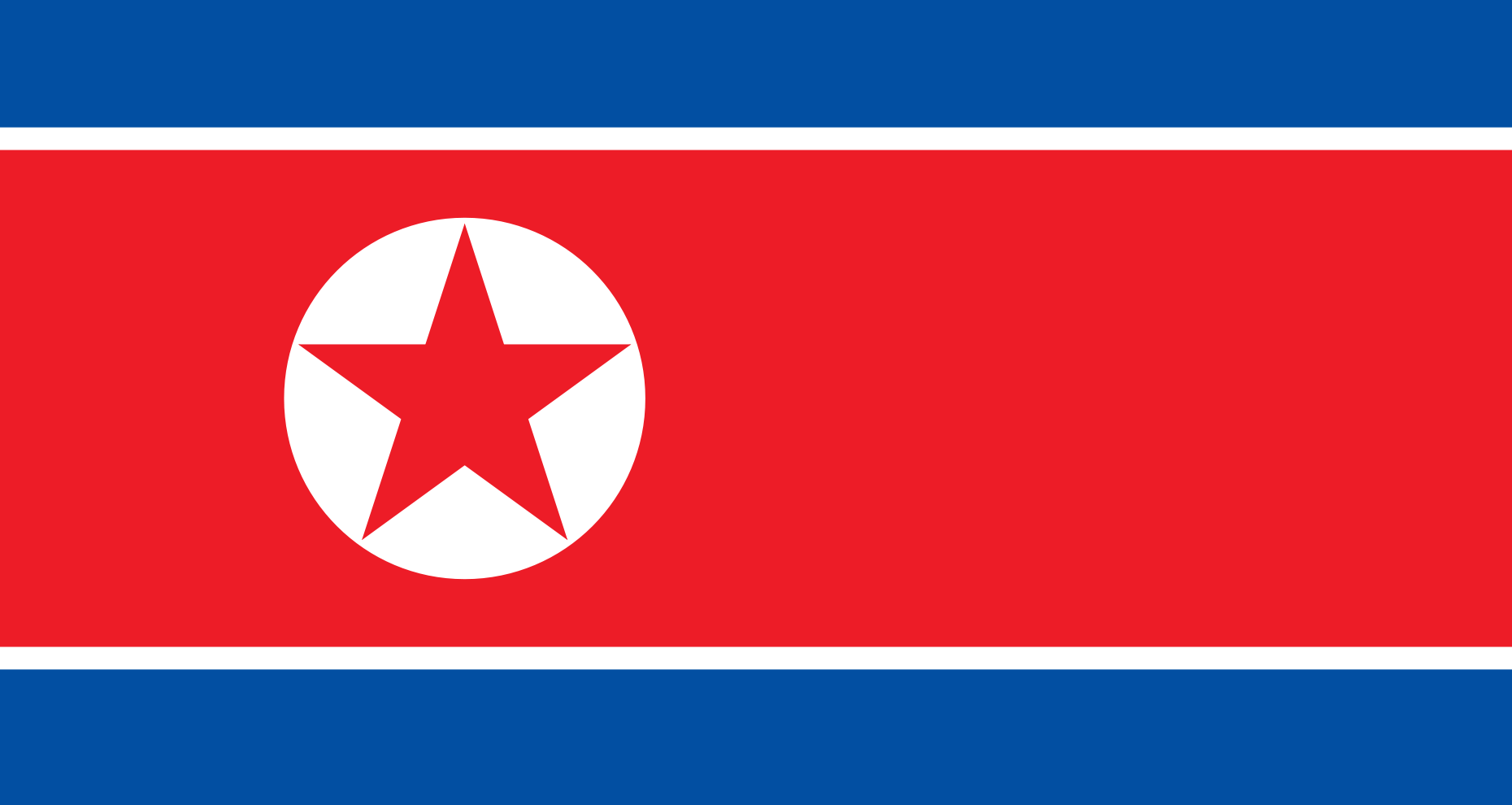The notoriously hermetic and isolated country of North Korea closed its borders to tourists last fall due to concerns about the threat of Ebola. Remarkably, it has recently decided to reopen them in order to hold a sporting event: the Pyongyang Marathon. The April 12 race will run through the streets of the country’s capital and is open to “foreign amateurs,” a significant allowance given that travel to the country is “highly restricted.”
This decision demonstrates a surprising emphasis on sports and major sporting events in the country, in particular by current leader Kim Jong-un. Nonetheless, the fixation on sports suggests a potential realm in which diplomacy could be conducted. As international tensions surrounding North Korea’s escalating nuclear program rise, the United States can look to sports as a potential tool for peace.
The strategy would not be without precedent. Over the years, sports have been an important mode of communication between North Korea and the outside world, the United States included. For example, it was announced just this past week that North Korea would send a team to the University Games in South Korea this year. North Korea asked to participate in eight events, sending “75 athletes and 33 sports officials,” and South Korea’s Unification Ministry, “which handles relations with North Korea… plans to approve the North’s participation in the games.” The news coincides with North Korea’s army threatening “to launch unspecified ‘merciless strikes’ against South Korea and the United States” in response to the start of the annual South Korean-US military drills. Thus, despite hostility between the countries, sports remain a channel of interaction and exchange.
 Recently, some highly publicized interactions between the United States and North Korea have occurred within the sports world. In the spring of 2013, the media company Vice gained access to North Korea by inviting Dennis Rodman and three members of the Harlem Globetrotters to play in an exhibition basketball game for Kim Jong-un; since then, Rodman has returned to North Korea six times and calls Kim a “friend for life.” Despite the rocky relations between the countries as official entities, Kim and Rodman have maintained a consistently positive relationship, marking what could potentially be a wedge in the door for US-North Korean relations.
Recently, some highly publicized interactions between the United States and North Korea have occurred within the sports world. In the spring of 2013, the media company Vice gained access to North Korea by inviting Dennis Rodman and three members of the Harlem Globetrotters to play in an exhibition basketball game for Kim Jong-un; since then, Rodman has returned to North Korea six times and calls Kim a “friend for life.” Despite the rocky relations between the countries as official entities, Kim and Rodman have maintained a consistently positive relationship, marking what could potentially be a wedge in the door for US-North Korean relations.
This emphasis on sports in the country dates back even before Kim Jong-un. In 1986, Kim Jong-un’s father Kim Jong-il made a speech to the country stressing the importance of sports in cultivating good values for the North Korean people, as well as announcing that “sport should be used as a public relations tool in order to foster international recognition and improve the country’s reputation abroad.”
Yet despite this type of positive, surface-level interaction, the situation on the ground grows more dire by the day. This past week, North Korea “flouted United Nations resolutions… by launching two Scud-type ballistic missiles toward the sea between the Korean Peninsula and Japan.” This provocation makes real the threat of North Korean nuclear expansion, as North Korea “could be on track to have an arsenal of 100 nuclear weapons by 2020.” The Obama administration and its partners in China, South Korea, Japan and Russia have failed “to find a way to address the problem or engage the North in sustained negotiations.” Given the growing danger, this lack of action is not sustainable.
Perhaps building off of the increased interaction through sports is the key to engaging with the country. Sports diplomacy has worked for the United States in the past; the most notable example is the US “Ping-Pong Diplomacy” with China about forty years ago. Despite America’s “public denunciation of China as ‘Red China’” and China’s condemnation of Americans as a “decadent imperialist” power, both countries shared the common enemy of the Soviet Union and sought a way to end “22 years of silence and hostility,” which had created a “deep mutual mistrust.”
Ping-Pong then became a way to “change attitudes on both sides” and facilitate exchange and interaction between the countries by creating “the first person-to-person ties between the People’s Republic of China and the United States.” After the US Ping-Pong team visited China, relations between the countries improved: The United States ended the 20-year trade embargo against China, and the following year, President Nixon visited Beijing, the “first visit by an American president to China.” Time Magazine characterized the match as the “ping heard round the world.”
Law professor Jerome Cohen wrote an op-ed in the New York Times in January suggesting that what has been missing in American policy regarding North Korea is “a simultaneous effort to open up other contacts with Pyongyang – in business, education, cultural exchange, sports and other areas, as we did with China and Vietnam…” Perhaps the recent announcement of the Pyongyang marathon provides such an opportunity for US diplomatic efforts. Applications are open until March 16.
